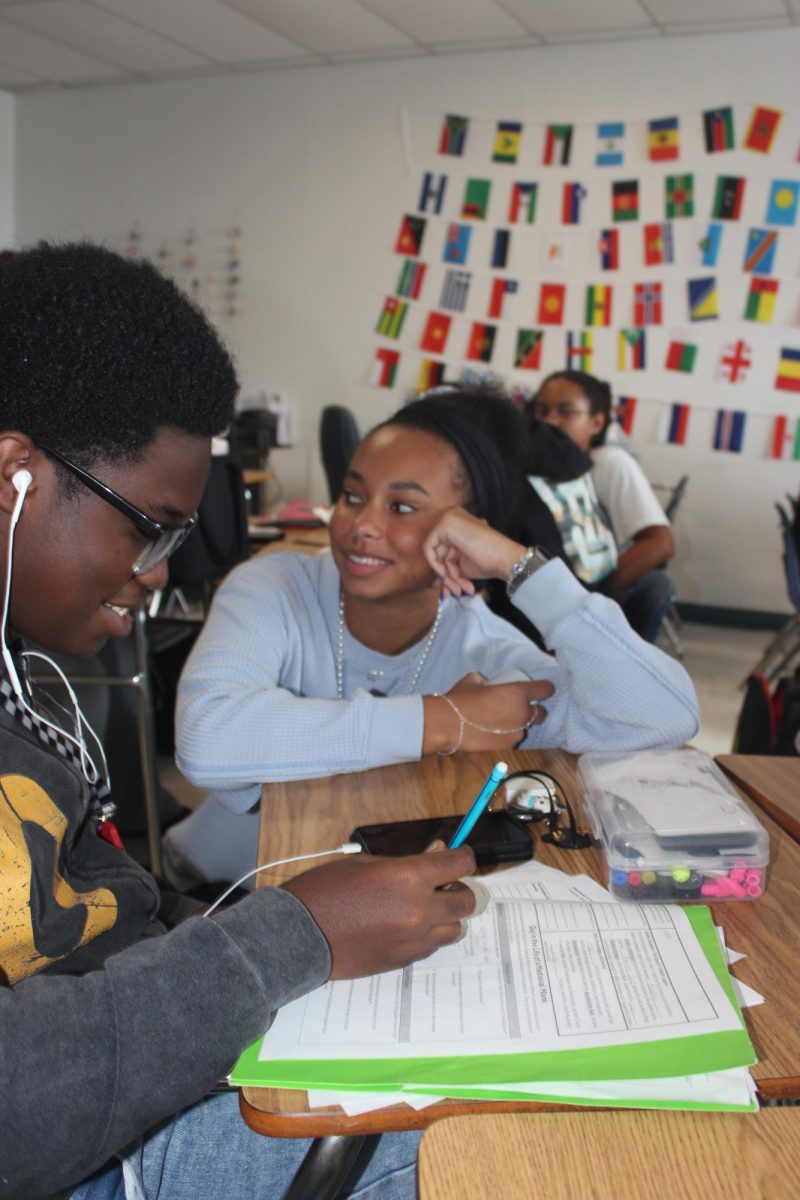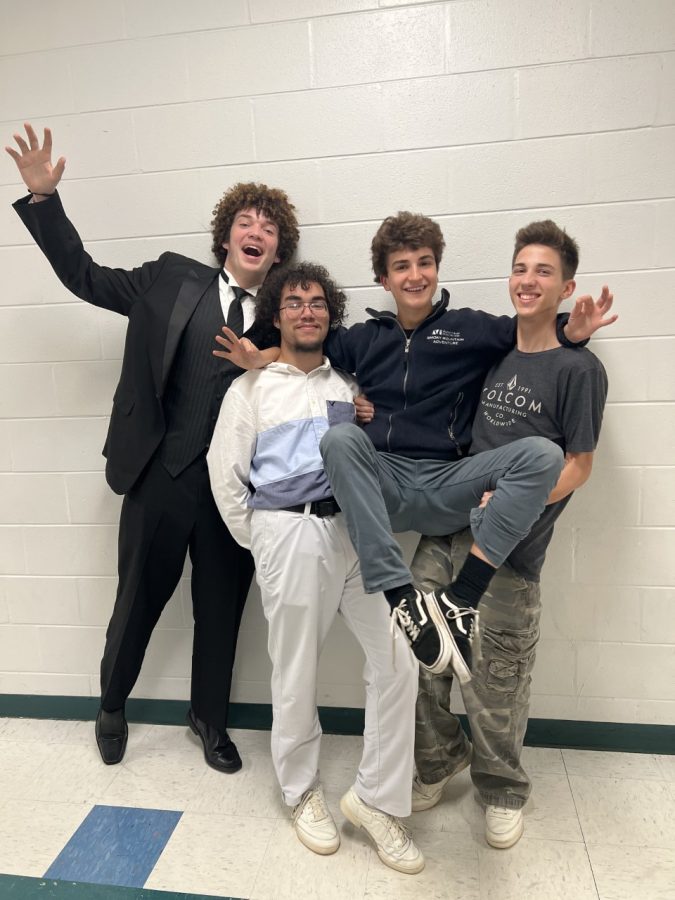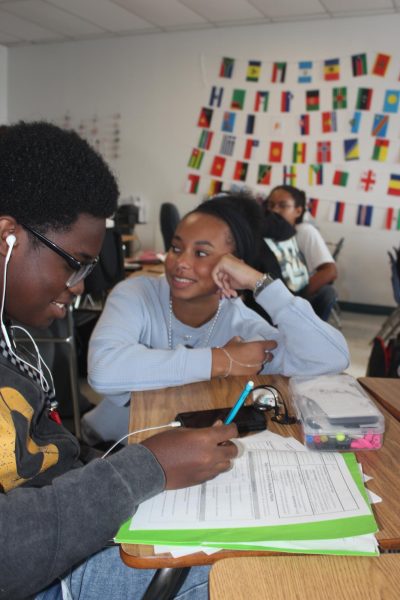A Later Start to a Shorter Day
Last year, alarms went off as early as 4:30 a.m., just for students to make a bus that got them to school at 7:00 for a 7:30 start. After much dispute, the school times for high school got pushed back an hour. One might think that meant an hour later release, but the release time was only extended by a half hour. The extra time was saved by shortening class periods by a handful of minutes and a 5 minutes passing period rather than the former length of 6.
The time change has pleased many: it gives students more time to sleep in, a shorter overall day, and a feeling of more awareness in a first period that starts an hour later.
“As a teenager, we are wired to go to bed and wake up later in the day. When we are forced to get up at 6 am every morning, it can be troublesome and exhausting,” stated sophomore, Peyton Zabrucki. “Younger kids can naturally be early birds, so having us wake up with them seems unnecessary and irrational. If it means having a more suitable time to wake up, I’d rearrange my entire schedule.”
It’s scientifically proven that teenagers function better later in the day as opposed to the crack of dawn.
On top of that, many students feel its easier to pay attention in class and absorb more of the lesson. “With a later start, we’re more awake,” shared Kayla Cave-Kennedy. “It’s easier to retain information.”
However, some students are of the opposite stance: that a later start means more traffic and a later release time leaves less time for leisure activities in the afternoon.
Ashanti Cox shared, “I don’t like it because school starts at a later time but I still have to wake up early to beat traffic.”
We have students from all over the place, but many students live between 20 minutes and an hour away, and with rush hour traffic, it doesn’t actually end up being an hour of saved time.
Moreover, more students have to take the bus because parents are unable to drive them and still get to work on time. The bus system has its own host of issues, which makes it even more worse for some.
“A lot of kids’ parents can’t take them to school or pick them up because it doesn’t work with work schedules,” Alex Valdivia stated.
Beyond the students’ views on the subject, teachers seem to have a mixed opinion. Some appreciate not having to come in until a later time, but some are struggling with having a considerable decrease in time in the afternoon.
“I am not a fan of the change in time,” shared Mrs. Crasass. “I’m a morning bird and get up at 4 a.m. Last year I could grade papers in the afternoon, go pick up my kids, and still have some afternoon left. Now there’s no time in the afternoon once we get out.”
Mrs. Sivard takes an opposing stance, in favor of the later times. “I like the new hours because it gives students an opportunity to come to the Media Center before school,” she explains. “Especially if they have a last minute paper to print or homework assignment they didn’t get to the night before.”
The student body and staff seem to be split on the subject: some value more time in the morning and some preferred having more time in the afternoon. Many students don’t actually get the extra hour because of traffic or their parents working, so how much time does it actually save on average?
One way or another, the change in school start and end times provides students with a late start to a shorter day.
Donate to Blake Vespula
$0
$500
Contributed
Our Goal
Your donation will support the student journalists of Blake High School. Your contribution will allow us to purchase equipment and cover our annual website hosting costs.













